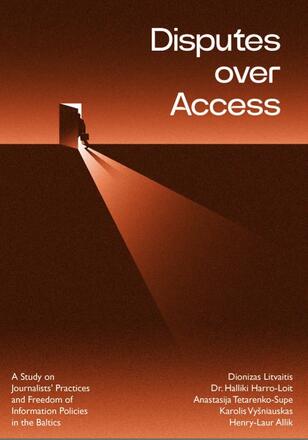
In the Baltic region, concerns related to private data, business secrets, and national security are often misused to block freedom of information requests from journalists. A recent study by Balticada Investigations Studio, supported by RSF, highlights this issue. The study, titled "Disputes over Access," examines fifteen cases of access restrictions between journalists and public servants in Estonia, Latvia, and Lithuania. Despite the Baltics enjoying strong press freedom, access to information remains a weakness.
Key findings reveal that data holders, including institutions and state-owned companies, often misinterpret legitimate reasons for restrictions due to factors like informal decision-making and distrust in journalists. One of the most concerning indicators is the lack of proper public discussion on the limits of freedom of information, resulting in no improvements.
The study recommends a multi-layered policy response to address restrictions and strengthen journalists' position. Authors propose clarifying the duties of entities providing public information and advocate for problem-specific FOI appeal procedures, urging Latvia and Lithuania to follow Estonia's example. RSF calls on authorities to launch public debates on regional and national recommendations from the report to improve the situation.
Tags: Access to information Media freedom Estonia Latvia LithuaniaThe content of this article can be used according to the terms of Creative Commons: Attribution-NonCommercial 4.0 International (CC BY-NC 4.0) . To do so use the the wording "this article was originally published on the Resource Centre on Media Freedom in Europe" including a direct active link to the original article page.

